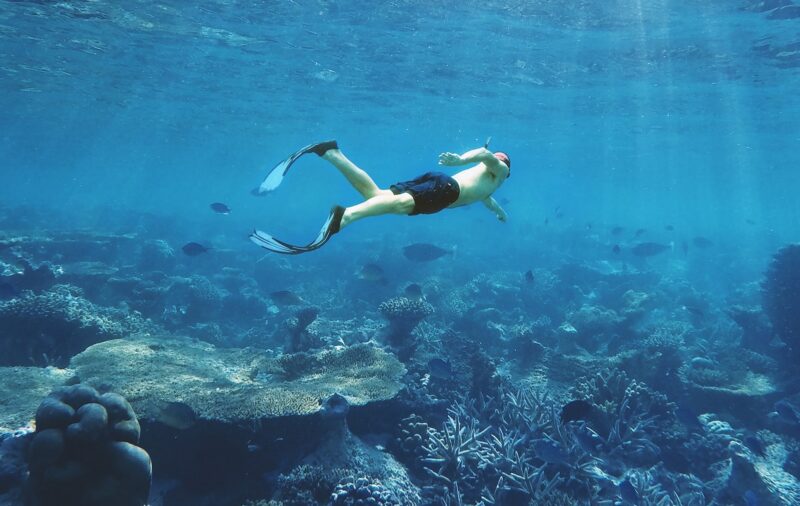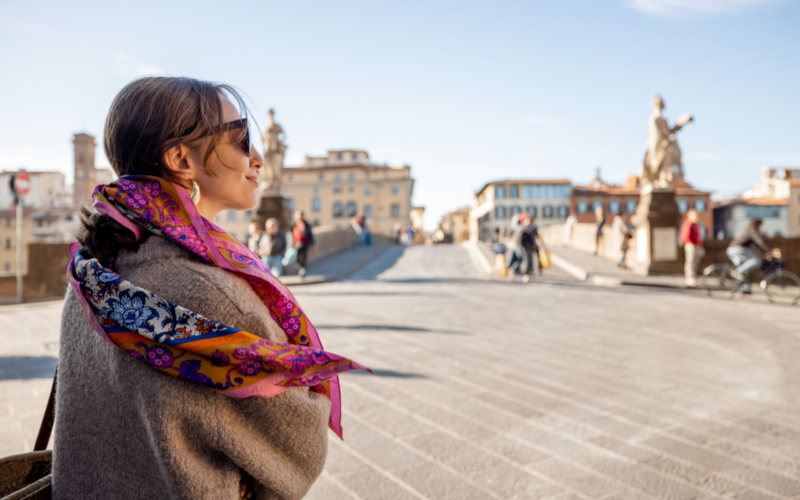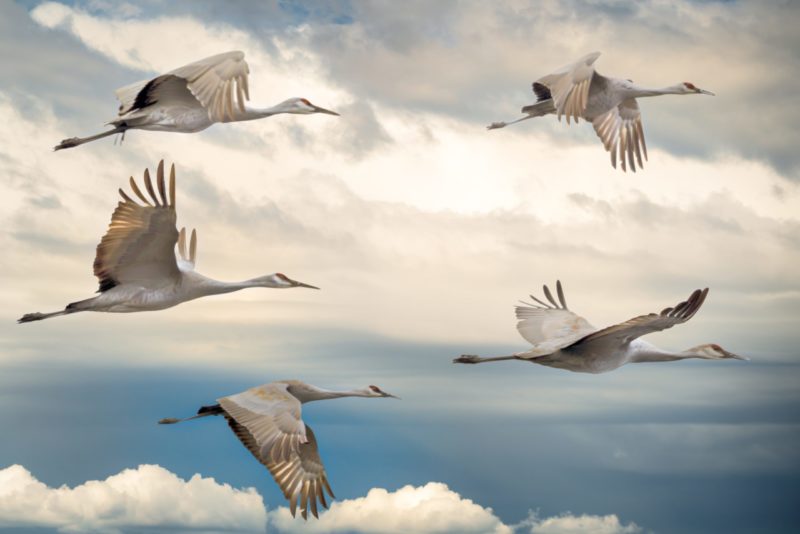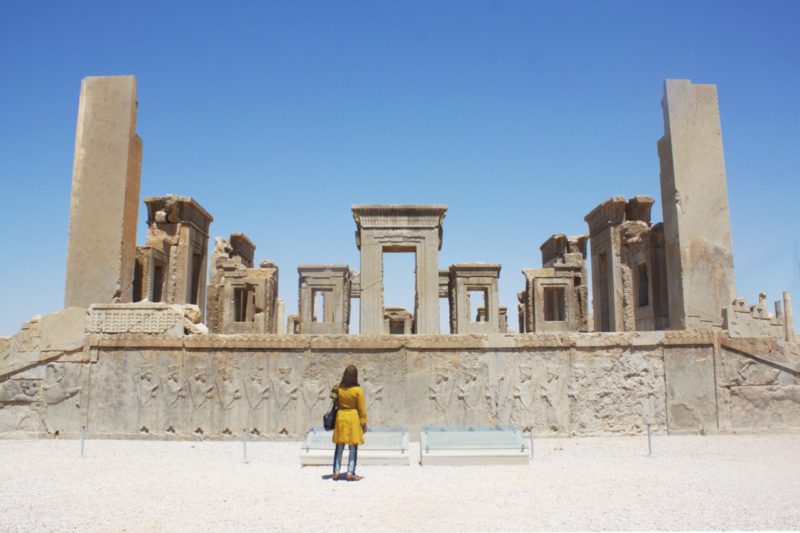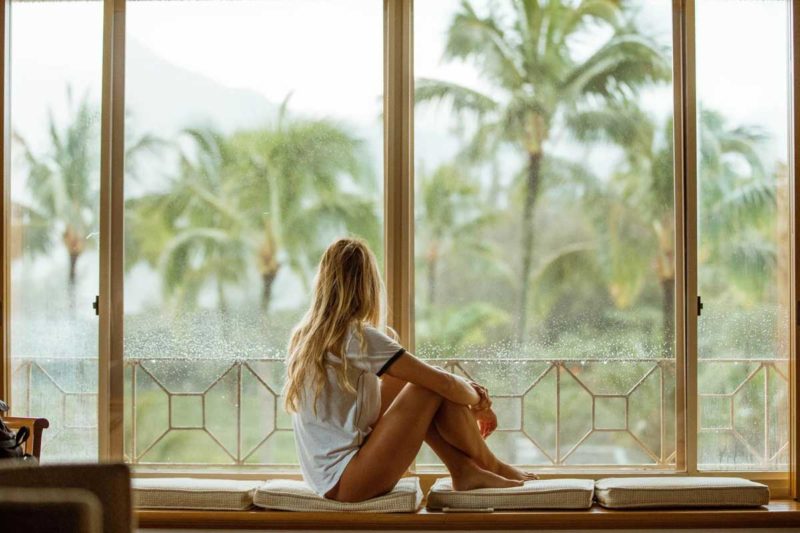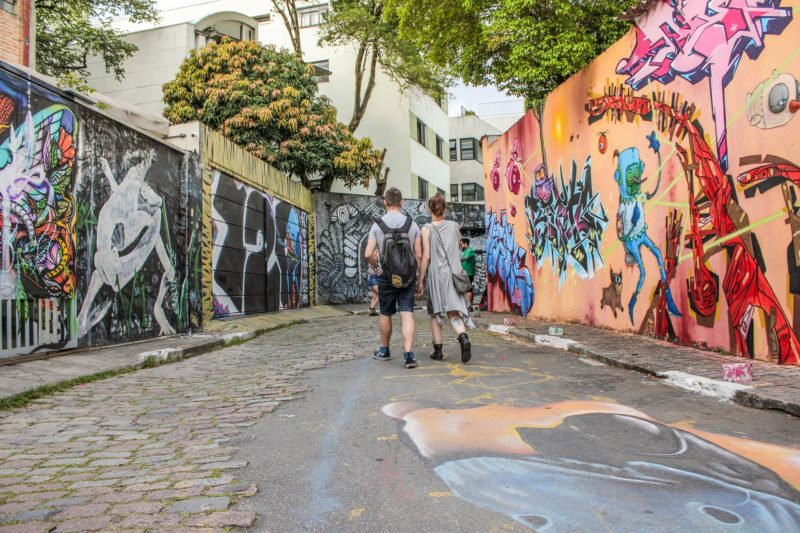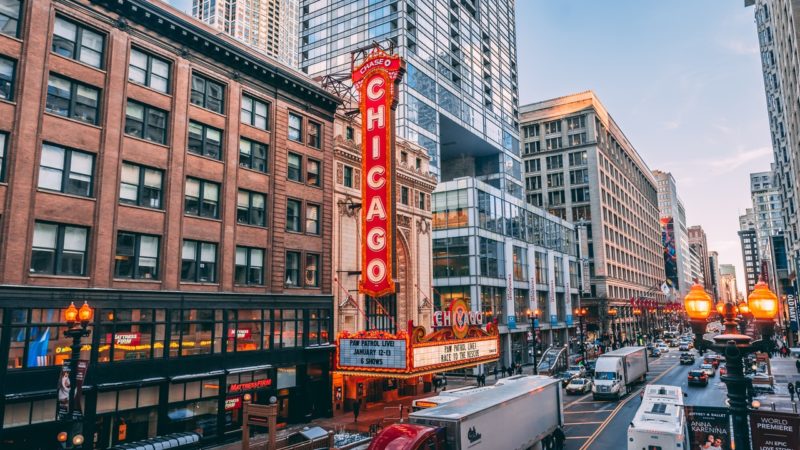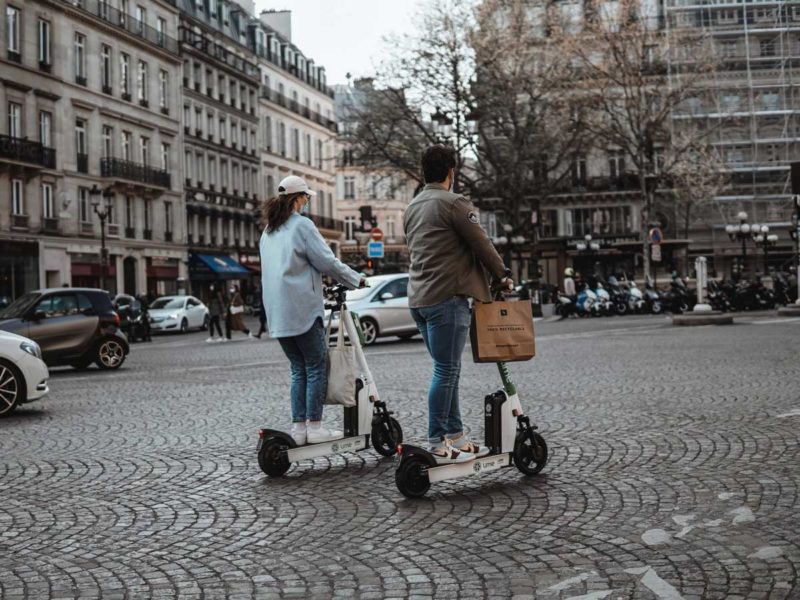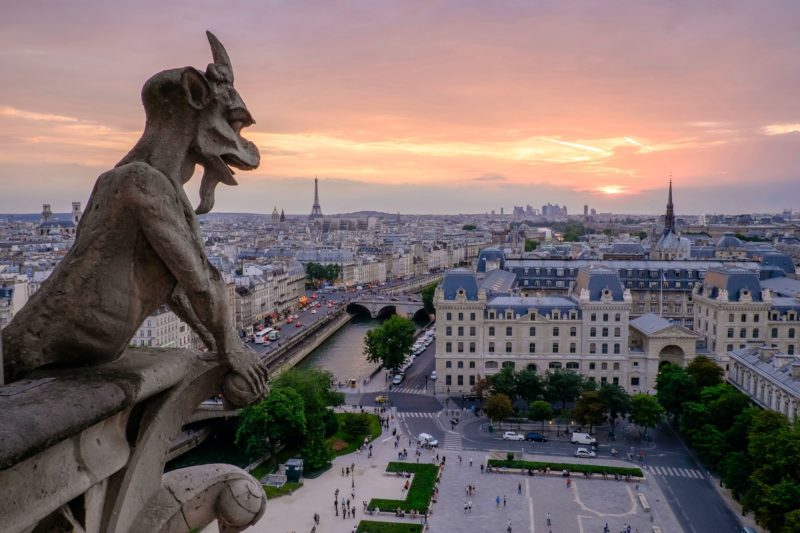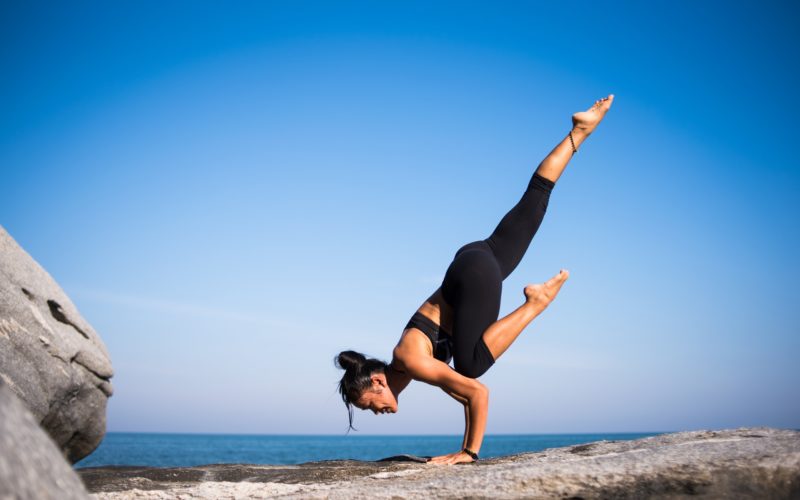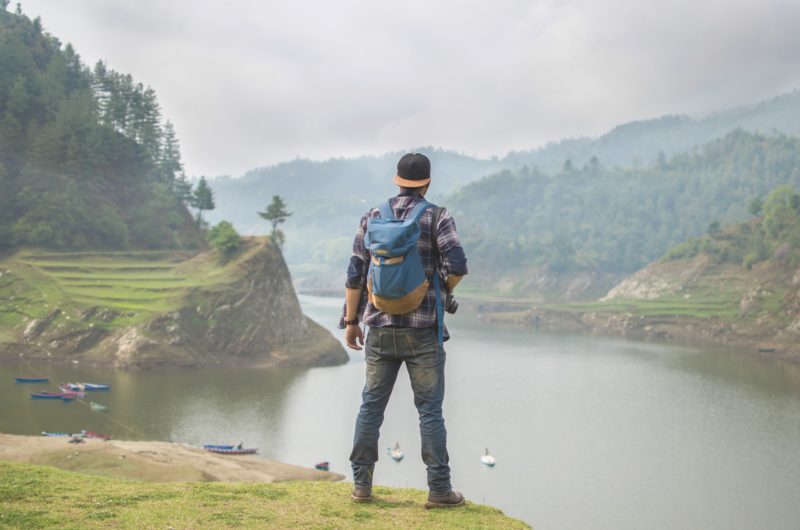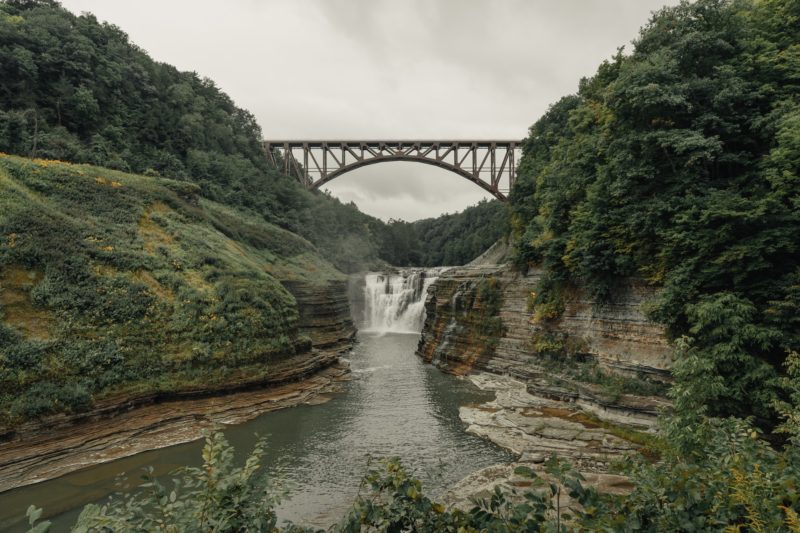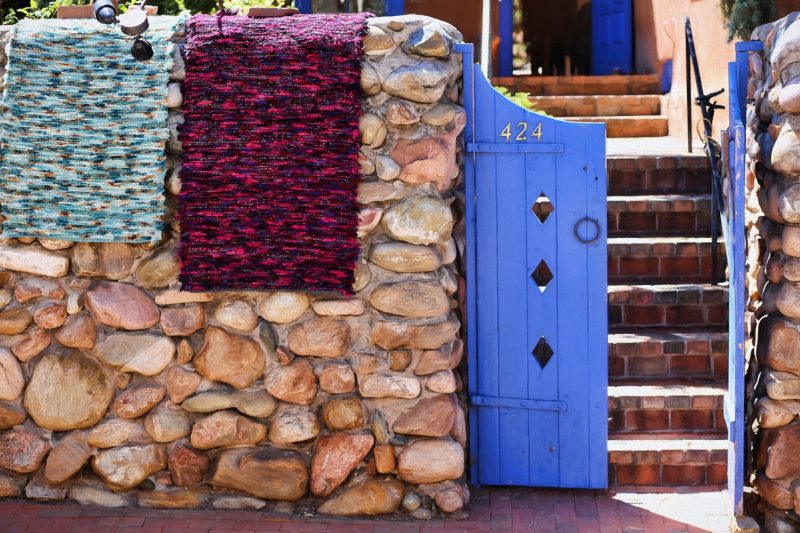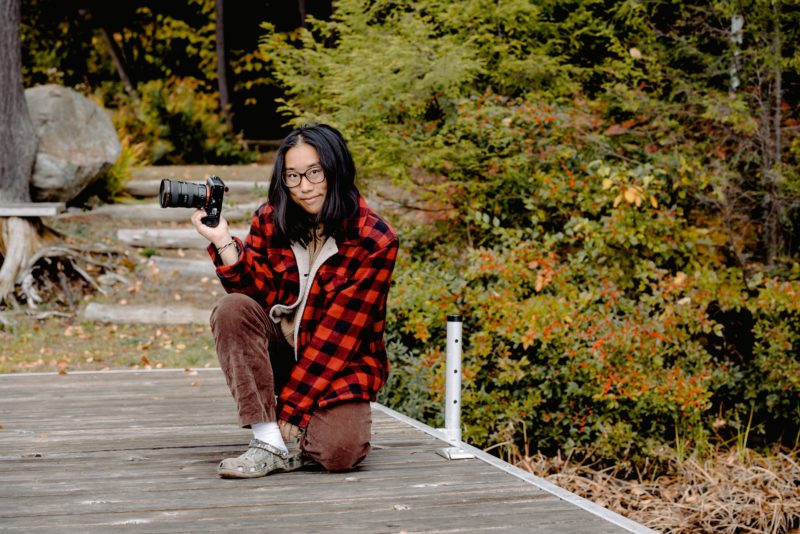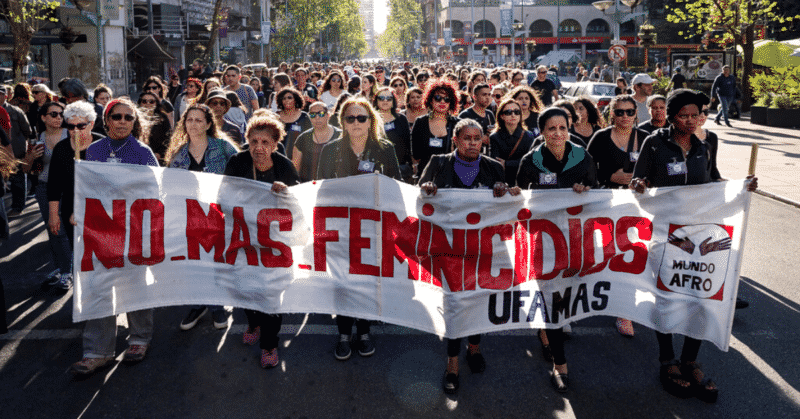There isn’t any other place on earth like Madagascar — according to the World Wildlife Foundation, 70% of Madagascar’s 250,000 animal species can’t be found anywhere else. However, less than 10% of Madagascar’s original forest still exists today, as slash and burn practices driven by desperate economic conditions have decimated the country’s endemic flora and fauna. So, how can the people of Madagascar prioritize conservation without cutting off income opportunity for rural Malagasy communities? One organization, Fanovana, is aiming to better involve local people in the continued development of ecotourism in Madagascar.
Founded as a partnership between Malagasy guide Fanomezana “Fano” Rajaonarisoa and a group of American travelers who visited Madagascar in August of 2018, Fanovana is working directly with local communities to provide better access to opportunities in the tourism sector.
There’s an abundance of things to do in Madagascar, one of our 13 Destinations for Sustainable Travel in 2020. Whether you’re hoping to explore Madagascar’s beaches, mountainous central region, southern deserts, or everything in between, it’s vitally important that you ensure your tourism dollars are going towards sustainable travel initiatives that’ll help curb deforestation and protect Madagascar’s endangered wildlife.
We got in touch with Fano to hear more about ecotourism in Madagascar, Fanovana’s mission, and how Hidden Lemur readers can get involved.
What is the purpose of Fanovana?
Fanovana—Malagasy for ‘change’—is meant to address basic, everyday socioeconomic challenges at community level. We’re doing so in the vicinity of existing or potential protected areas in Madagascar, to enable locals to benefit directly or indirectly from conservation, the very foundation of ecotourism. We’re looking to work with locals who will see the sustainable gains of ecotourism, and want to fully take part in it, not against it.
Short for ‘Fanabeazana no vahaolana’ (Education is the key), Fanovana intends to provide the majority of the local workforce—irrespective of origin, gender or beliefs—with ready-to-use skills and knowledge that will offer them alternative and environmentally-friendly means of livelihood. This has been the best and most efficient way of channelling good intentions down into the right hands in a more sustainable way.
Who is the team behind Fanovana?
Fanovana had been a one-man project by Fanomezana Rajaonarisoa aka Fano, a long-time Malagasy nature tour guide. Then, a group of savvy American naturalists he led in parts of Madagascar in 2018 embraced his idea for a more equitable and sustainable community-driven form of ecotourism. This group then started up an eponymous U.S.-based non-profit in May 2019.
‘Fanovana – Friends of Madagascar’, based in Auburn, Alabama is run by a few Americans who have fallen in love with Madagascar, its incredibly diverse wildlife and its people. They’ve helped raise funds to run and support Fanovana’s on-site projects and activities that are coordinated locally by Fano.

How did the idea for Fanovana come to be?
The idea for Fanovana came to maturity when after more than 10 years of providing guiding services, Fano realized that tourism, specifically ecotourism—known to be a top currency generator in Madagascar with over $600,000,000 USD in 2017 alone (according to the Ministry of Tourism)—is not benefiting the majority of local people.
Much of the Malagasy population still subsist on basic and extremely destructive means of livelihood. This includes uncontrolled logging for various purposes, slash-and-burn cultivation, and poaching for commercial trade. These are the very enemies of conservation and, therefore, of ecotourism.
Why is Madagascar so especially in need of more sustainable tourism practices?
Today, Madagascar is so in need of far better and more sustainable tourism practices because forest cover and habitats affecting the country’s environment are being decimated at a rapid rate. Unfortunately, conservation efforts and investments have not been able to keep up.
This issue is caused in large part by the dire needs of a desperate, fast-growing population for the vast majority of whom only subsistence matters. We believe that ecotourism needs to have a far more widespread and tangible impact on the lives of local communities who are fully entitled to benefit from natural resources near and around them.

What measures will Fanovana take to ensure locals can benefit more from ecotourism in Madagascar?
Fanovana aims to set up on each site an ecotourism-driven value chain ranging from accommodation and catering to nature and cultural guiding to local handicrafts shopping.
The mere presence of a visitor in a wildlife hotspot area will stimulate growth, and we want to ensure that as many local community members as possible can be a part of this growth.To achieve that, we are planning to use community land with full villager participation to build hospitality facilities, schools, and training centers where they can learn all necessary skills and knowledge to integrate into this value chain and earn their fair share of the revenue.
How does Fanovana intend to raise funds, and where/to whom will that money go?
We have already started campaigning for support to a limited yet very supportive audience in the United States, particularly in Alabama and Georgia, through presentations and social events, at the Kreher Forest Ecology Preserve, the Atlanta Botanical Garden, and SIFAT (Servants In Faith And Technology), to name a few.
We’ve managed to raise a kick-start fund. However, we are currently working on reaching out to a bigger crowd in every possible way for more support and donations which will be used to implement Fanovana’s main intervention facilities and structures. This will include a locally operated ‘feeder’ tour company, and run educational, awareness and conservation-driven projects on-site.

Why are education and awareness such important components of making tourism more sustainable in Madagascar?
Education will tremendously help raise the standard of living of many underprivileged rural populations while giving them the ability to choose better, conservation-friendly livelihood alternatives. This can serve as a powerful tool to attract and focus attention on crucial social and ecological issues that need to be addressed communally for a healthier and more harmonious coexistence.
Borrowing an inspirational quote from a prominent SIFAT figure, we also believe that education and awareness are just as much needed on the part of visitors to make tourism more coherent and sustainable in one of the world’s poorest countries, especially regarding gifts and handouts.
How can somebody who’d like to contribute to Fanovana’s mission be most helpful?
At this point, anyone who is convinced about and support Fanovana’s cause can effectively contribute by donating to the U.S.-based non-profit ‘Fanovana – Friends of Madagascar’ in person or through our Facebook page http://www.facebook.com/FanovanaFriends/.
You can also book a tour in Madagascar with us through sustainable tourism websites like Hidden Lemur, as Fano has actively arranged and led his own tours across the island since 2016. In time, however, we hope to start various international internship and volunteering programs for mutual learning where participants’ invaluable knowledge, skills and expertise will very much be appreciated.





